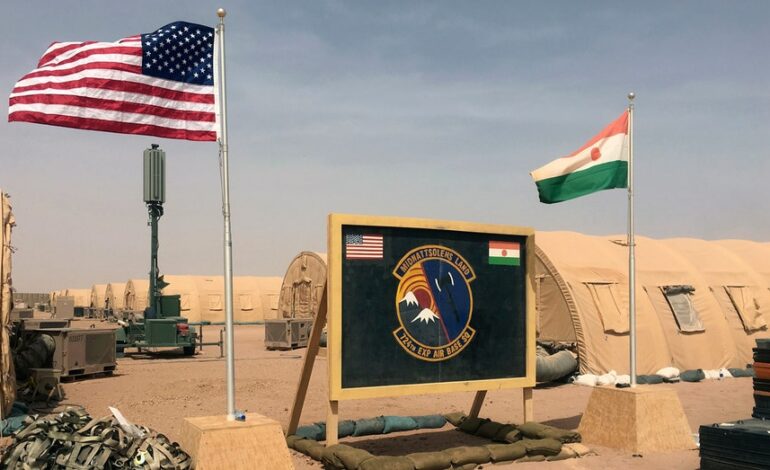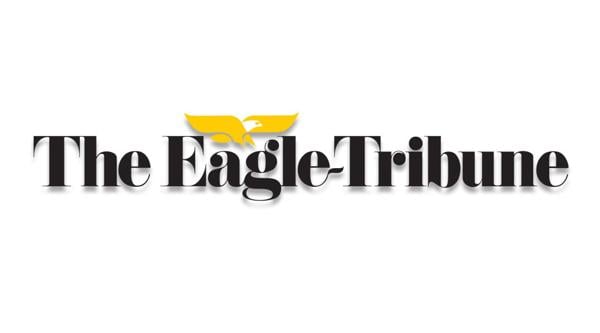U.S. Troops ‘Blind’ in Niger After Biden’s Policy Shift, Missionary Kidnapped

URGENT UPDATE: U.S. military operations in Niger are critically compromised after a significant policy shift under the Biden administration, leaving troops “completely blind” in the ongoing battle against terror groups. A U.S. military source revealed that the Pentagon is struggling to respond to pressing threats, including the recent kidnapping of an American missionary on October 21.
As tensions rise, Bryan Stern of Grey Bull Rescue warns that critical time is slipping away for efforts to recover the kidnapped missionary. The U.S. previously relied on two airbases in Niger for surveillance, utilizing advanced drones to monitor jihadist activity. However, these bases were abandoned in September 2022 following Niger’s complaints about U.S. diplomatic conduct.
The fallout from the Biden administration’s policy decisions has left U.S. forces with “no eyes in the sky,” according to the military source. This absence of intelligence has severely hampered efforts to locate and rescue the captured American. General Michael Langley, Commander of U.S. Africa Command (AFRICOM), has noted a troubling rise in attacks by extremist groups in the region since the withdrawal, stating, “we’ve lost our ability to monitor these terrorist groups closely.”
On March 16, Niger’s government spokesperson, Amadou Adramane, publicly criticized U.S. officials for their “condescending attitude” during diplomatic meetings, which ultimately led to the expulsion of American military personnel. The fallout from these meetings has resulted in a significant reduction of U.S. influence in the Sahel region, where violence from groups like ISIS and al Qaeda is surging.
“If we had stayed in Niger, right now… Niger would be much safer, and we would have eyes in the sky to help find the American missionary,”
the military source said, highlighting the dire situation. With surveillance capabilities diminished, the prospect of a successful rescue has become increasingly precarious, posing significant risks to both the kidnapped individual and U.S. personnel involved in potential recovery operations.
The State Department has escalated its travel advisory for Niger to the highest alert level, urging Americans not to visit due to escalating crime, terrorism, and health risks. This advisory underscores the urgent need for a strategic reassessment of U.S. involvement in the region.
As the U.S. continues to confront the reality of diminished resources in West Africa, the looming question remains: what will be the next move to locate and rescue the kidnapped missionary? Analysts fear that, without immediate action, the situation could deteriorate further.
With U.S. military resources stretched thin across Africa, the implications of this policy shift are far-reaching. The urgent need for a reevaluation of strategy in Niger and the broader Sahel region grows more pressing by the hour.
As developments continue to unfold, officials and military leaders are facing mounting pressure to find a resolution. The clock is ticking on the recovery efforts as the situation escalates. Stay tuned for the latest updates on this critical story.






